1. Steel screen casing
Steel screen casing, also known as V-type screen casing, is a tubular filter element composed of "V"-shaped or wedge-shaped stainless steel surface wire and support strips welded together. The main materials include corrosion-resistant metal materials such as stainless steel 304/316L, Hastelloy, titanium alloy, super duplex stainless steel, and monel alloy. Steel screen casings are generally composed of casing pipe, high-density punching sleeve, and stainless steel matching ring. They have the characteristics of precisely controllable pores, large flow area, high overall strength and strong anti-deformation ability, excellent corrosion resistance, and high reliability. Its surface is smooth without edges and corners, burrs, and uniform gaps. It is suitable for the original parts of a variety of automatic filters and is widely used in the field of liquid filtration or oil sand control.
Material characteristics: Stainless steel 304/316L, etc.: has excellent corrosion resistance and is suitable for acid and alkali environments.
Manufacturing process:
Welding technology: Use professional welding technology to fix and weld the wedge wire and the support bar to ensure its structural stability and service life.
Application scenario: It is mainly composed of two parts: the base pipe and the screen casing. The flow area is 15% to 30%, which can be used in reservoirs of various lithologies. In clastic rock reservoirs with low cementation strength and easy sand production, it is usually used in conjunction with gravel filling, referred to as gravel filling sand control. Gravel filling has good sand control effect and long service life, but the process is complicated, the construction time is long, and it is easy to pollute the reservoir near the wellbore. When constructed in high-angle wells and horizontal wells, the success rate is low. The main function of the screen is to filter and screen substances. In the chemical, pharmaceutical and food industries, screens are widely used in processes such as solid-liquid, gas-solid separation and impurity removal. Specifically, the screen can filter out large impurities, foreign matter, particles, etc., to ensure the quality and stability of the material in the subsequent production process. In the environmental protection industry, it is used as groundwater pollution investigation and detection wells, groundwater extraction wells, etc. It can also be used in the oil industry for filtration of liquids and suspensions.
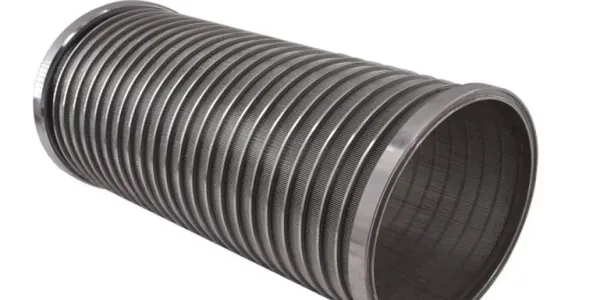
2. PVC screen casing
PVC steel-plastic composite winding pipe is a pipe that combines the advantages of steel and plastic and is manufactured through a special spiral winding welding technology. It has a simple structure, a smooth inner wall, good mechanical properties and chemical stability, and is widely used in municipal engineering, environmental engineering, sewage treatment plants and other fields.
Material composition and production process:
Material composition: It is mainly composed of high-density polyethylene (HDPE) and steel belt, combining the chemical stability of HDPE and the mechanical strength of steel belt.
Production process: The spiral winding welding technology is adopted to ensure the integrity and sealing of the pipe and adapt to different geological conditions.
Physical and chemical properties:
Ring stiffness and flexibility: It has sufficient ring stiffness and good axial flexibility to meet the use requirements of large diameter pipes.
Corrosion resistance and wear resistance: The chemical inertness of HDPE material enables the pipe to resist erosion by corrosive substances such as acids and alkalis, while the smooth inner surface reduces friction resistance and sediment accumulation.
Application advantages:
Environmental protection and hygiene: It is suitable for food-grade hygiene certification specifications and meets high-demand filtration needs.
Economical and practical: relatively low price, long service life, reduced maintenance and replacement costs.
High efficiency filtration: high filtration efficiency, suitable for large flow filtration equipment, improve production efficiency.
3. Comparison of the advantages and applications of screen casing
Application areas:
Steel screen casing: Mainly used in the original parts of professional filters and in petroleum sand control, suitable for occasions requiring high precision and high corrosion resistance, such as the oil development industry and some environmental filtration industries.
PVC screen casing: Widely used in municipal engineering and environmental engineering, suitable for large-scale use and occasions with high cost requirements.
Functional characteristics:
Steel screen casing: Strong corrosion resistance, suitable for acid and alkali environments; stable structure, suitable for long-term stable operation.
PVC screen casing: Economical and practical, suitable for large-scale applications; good chemical stability, suitable for filtering occasions with strict water quality requirements.
Structural characteristics:
Steel screen casing: Welding of wedge wires and support bars, complex structure, suitable for high-precision filtration requirements.
PVC screen casing: Simple combination of HDPE and steel belts, simple manufacturing process, suitable for large-scale production and application.
4. Summary
Steel screen casing and PVC screen casing each have their own unique advantages and applicable occasions. Steel screen casings are suitable for environments that require high precision and high corrosion resistance, such as professional filters and industrial applications; while PVC screen casings are suitable for large-scale municipal and environmental projects, with economical practicality and good chemical stability. Choosing the right type of screen casing, based on specific filtration requirements and application environments, can effectively improve filtration efficiency and reduce operating costs.








 English
English Español
Español بالعربية
بالعربية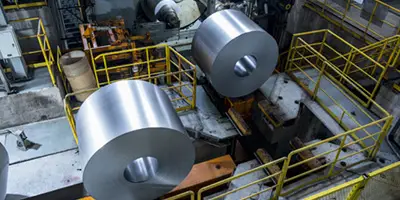
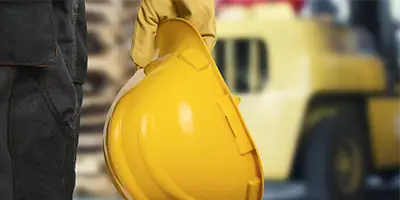
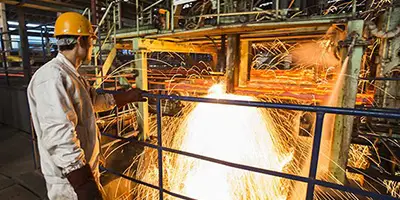
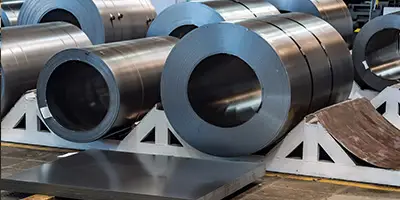

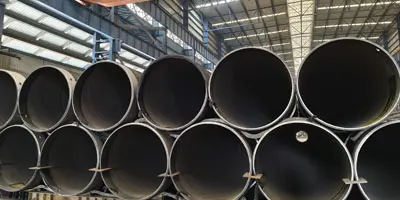
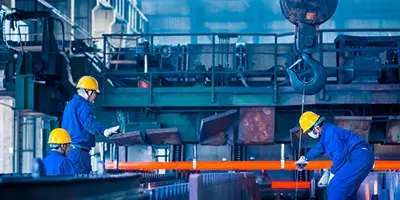
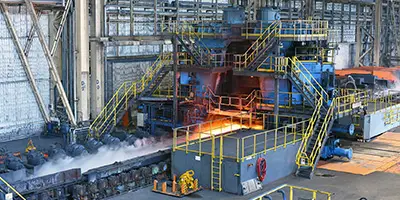
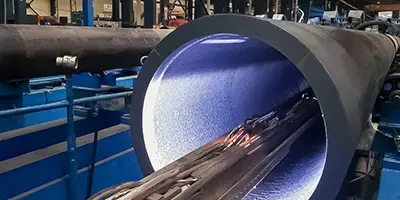
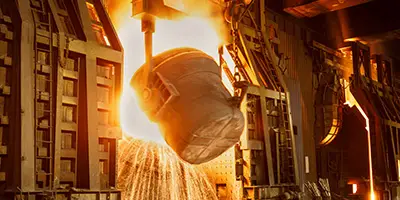
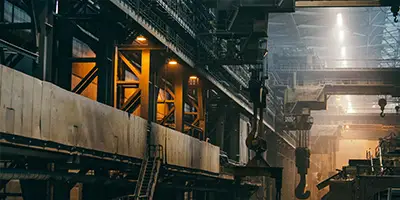

 Phone :
Phone :  Whatsapp :
Whatsapp :  Email :
Email : 


